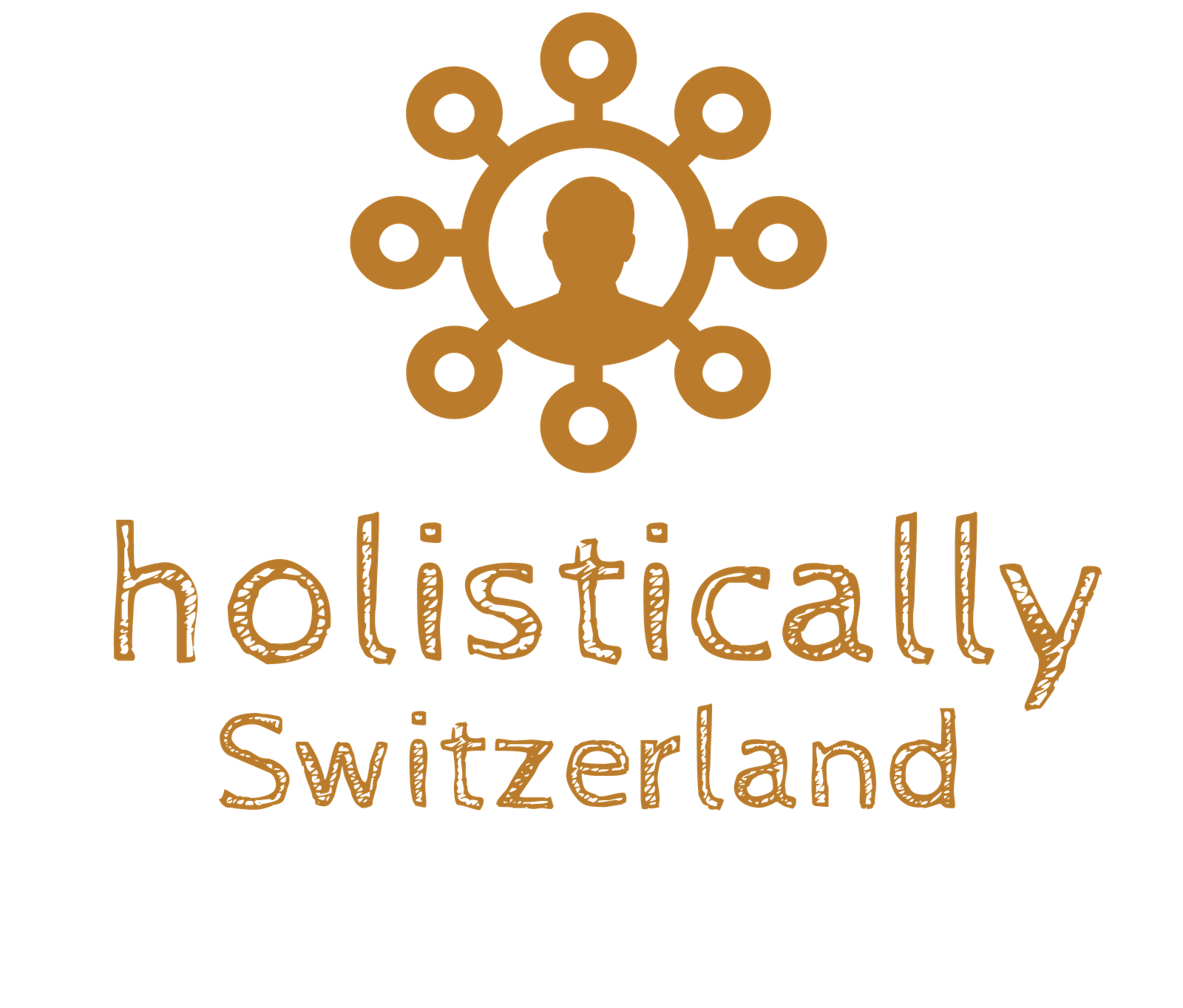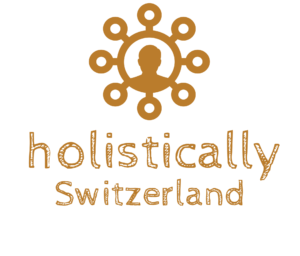Working conditions for nurses in Switzerland
If you are considering working as a nurse in Switzerland, it is important to understand the working conditions in this country. Swiss nurses have regulated working hours, paid holidays, health insurance and a pension scheme.
Nurses’ salaries in Switzerland are also competitive with those in other European countries. According to data from the Swiss Nurses Association, the average salary for a nurse with a university degree is around 6,000 Swiss francs (CHF) per month. However, the salary varies according to the level of experience and specialisation.
| Type of diploma | Minimum monthly salary | Average monthly salary | Maximum monthly salary |
|---|---|---|---|
| Diploma in nursing | CHF 4 500 | CHF 5 600 | CHF 6 500 |
| University degree in nursing | CHF 5 700 | CHF 6 000 | CHF 7 000 |
| Nurse specialist | CHF 6 000 | CHF 7 300 | CHF 8 000 |
It’s also important to note that the cost of living in Switzerland is relatively high compared with other countries. You will therefore need to take this into account when negotiating your salary and looking for accommodation and other day-to-day expenses.
Overall, working conditions for nurses in Switzerland are well regulated and offer competitive remuneration. If you’re up for the challenge of living and working in this dynamic country, Switzerland offers interesting career opportunities for qualified nurses.
Switzerland’s healthcare system
One of the main advantages of working in Switzerland is undoubtedly the quality of the Swiss healthcare system. Renowned for its efficiency and high quality, this system is ranked among the best in the world.
As a nurse in Switzerland, you’ll have access to state-of-the-art equipment and cutting-edge technology, as well as innovative medical treatments. You’ll work alongside highly qualified healthcare professionals and enjoy a stimulating and rewarding working environment.
As well as a high-quality healthcare system, Switzerland also offers an excellent quality of life. The Swiss are renowned for their healthy and active lifestyle, as well as their commitment to the environment and sustainability.
Living in Switzerland, you can enjoy the beautiful Alpine scenery and temperate climate, as well as the rich Swiss culture. Swiss cities also offer a vibrant social life and a variety of leisure activities, ensuring a balanced living and working experience.
| The advantages of the Swiss healthcare system | Quality of life in Switzerland |
|---|---|
|
|
Training and certification to work as a nurse in Switzerland
If you are thinking of moving to Switzerland to work as a nurse, it is important to know that you will need to follow certain steps to obtain the training and certification required to practise your profession there.
The first step is to register with a healthcare regulatory body to check whether your training is recognised by the Swiss system. If your training is not recognised, you will need to take additional courses to obtain Swiss certification.
You will also need a work permit to practise in Switzerland. To obtain one, you will need to present the following documents:
- Proof of your training and professional experience as a nurse
- A certificate of good conduct and character
- A job offer letter
Once you have obtained your work permit and registered with the Swiss Register of Health Professionals, you can start practising.
In short, to practise as a nurse in Switzerland, you will need to undergo training and obtain Swiss certification as well as a work permit. Once you have met all these conditions, you can start your new career as a nurse in Switzerland.
Advantages and disadvantages of working as a nurse in Switzerland
Working as a nurse in Switzerland offers many interesting advantages, but it’s also important to consider the possible disadvantages associated with living and working in this country. Here is a list of some of the advantages and disadvantages:
Benefits
- Career opportunities: Switzerland offers many opportunities for qualified nurses, with a constant demand for healthcare professionals.
- Attractive salary: Nurses in Switzerland enjoy a competitive salary, one of the highest in Europe.
- Benefits: Nurses in Switzerland enjoy full social security cover, including health, disability and pension insurance.
- Quality of life: Switzerland is well known for its high quality of life, offering an excellent infrastructure, magnificent landscapes and a diverse cultural environment.
Disadvantages
- High cost of living: The cost of living in Switzerland is generally higher than in other European countries, which can make everyday life more difficult for some people.
- Administrative formalities: The administrative formalities involved in obtaining a work permit and a work visa in Switzerland can be long and complex.
- Language barrier: Depending on the canton in which you work, you may need to speak the local language competently.
To sum up, working as a nurse in Switzerland can offer significant advantages from both a professional and personal point of view. However, it’s important to understand the potential drawbacks so that you can make an informed decision about your future career.
Administrative procedures for working as a nurse in Switzerland
To work in Switzerland, you need a work permit, known as a B permit. Before starting the formalities, make sure you have all the necessary documents:
- A copy of your valid passport.
- A certificate of employment from your employer in Switzerland.
- A nursing diploma recognised by the Swiss government.
- An up-to-date curriculum vitae in French or German.
Then you can start the administrative procedures:
- You need to find an employer in Switzerland who wants to take you on.
- Your employer must then apply for a work permit for you from the Office Cantonal de la Population (OCP) in his canton.
- You must apply for your work permit (Permit B) from the Population Service (SPOP) in your canton of residence.
- Once you have obtained your B permit, you must pay an annual fee of CHF 100.
The work permit application process can take between 4 and 12 weeks. We therefore advise you to start the process as soon as possible.
Conclusion
To sum up, if you’re thinking of moving to Switzerland as a nurse, you can look forward to interesting professional opportunities in a country with a high-quality healthcare system. Living and working there can also offer a good quality of life.
However, it is important to take the necessary steps to work legally in Switzerland and to prepare yourself for a new professional adventure. We hope you’ve found this comprehensive guide helpful in understanding the different steps you’ll need to take to move to Switzerland as a nurse.
Don’t forget to find out all you can about working conditions and salaries to make sure that your move is the right one for you. Good luck with your plans to move to Switzerland as a nurse!
FAQ
How can I move to Switzerland as a nurse?
To move to Switzerland as a nurse, you will need to follow certain steps. Firstly, you will need to obtain your nursing diploma and make sure that it is recognised in Switzerland. Next, you’ll need to apply for vacancies in hospitals or health centres in Switzerland. Once you’ve found a job, you’ll need to obtain a work permit and register with the relevant authorities. Finally, you can start your life and career as a nurse in Switzerland.
What career opportunities are there for nurses in Switzerland?
Switzerland offers many career opportunities for nurses. The country is renowned for its high-quality healthcare system and its many hospitals and clinics. You’ll be able to work in state-of-the-art facilities and enjoy favourable working conditions. What’s more, there is a high demand for qualified nurses in Switzerland, which means that there are many job opportunities available in this field.
What are the working conditions for nurses in Switzerland?
Working conditions for nurses in Switzerland are generally good. Hospitals and clinics often offer flexible working hours and attractive benefits. In addition, salaries for nurses in Switzerland are generally very competitive. However, it is important to note that the work can be demanding and stressful, particularly in emergency departments or intensive care units.
How much do nurses earn in Switzerland?
Salaries for nurses in Switzerland can vary depending on a number of factors, such as experience, specialisation and the region in which you work. In general, nurses in Switzerland earn a fairly high salary compared with many other countries. According to statistics, the average salary for nurses in Switzerland is between CHF 60,000 and CHF 80,000 per year.
How is the Swiss healthcare system?
Switzerland’s healthcare system is renowned for its quality and efficiency. The country has a state-of-the-art medical infrastructure and offers a wide range of healthcare services. Patients benefit from rapid access to care and high-quality medical attention. As a nurse in Switzerland, you will work in a professionally stimulating environment and have the opportunity to make a significant contribution to the health and well-being of patients.
What are the advantages and disadvantages of working as a nurse in Switzerland?
There are many advantages to working as a nurse in Switzerland. You’ll have access to a high-quality healthcare system, interesting career opportunities and competitive salaries. What’s more, Switzerland offers an excellent quality of life, with magnificent scenery, a high level of security and a first-rate infrastructure. However, it’s important to bear in mind the high cost of living, competition on the labour market and the high requirements in terms of training and certification.
What are the administrative procedures for working as a nurse in Switzerland?
To work in Switzerland as a nurse, you will need to complete a number of administrative formalities. First of all, you will need to obtain a work permit from the relevant authorities. You will also need to provide the required documents, such as your nursing diploma and certificate of good health. Finally, you will need to register with a professional association and take out compulsory health insurance.
How can I obtain the training and certification required to work as a nurse in Switzerland?
To obtain the training and certification required to work as a nurse in Switzerland, you will need to follow certain steps. Firstly, you will need to obtain your nursing diploma in your home country. Next, you will need to have your diploma recognised in Switzerland and undergo further training if necessary. Finally, you will have to pass a certification exam to obtain your authorisation to practise as a nurse in Switzerland.






